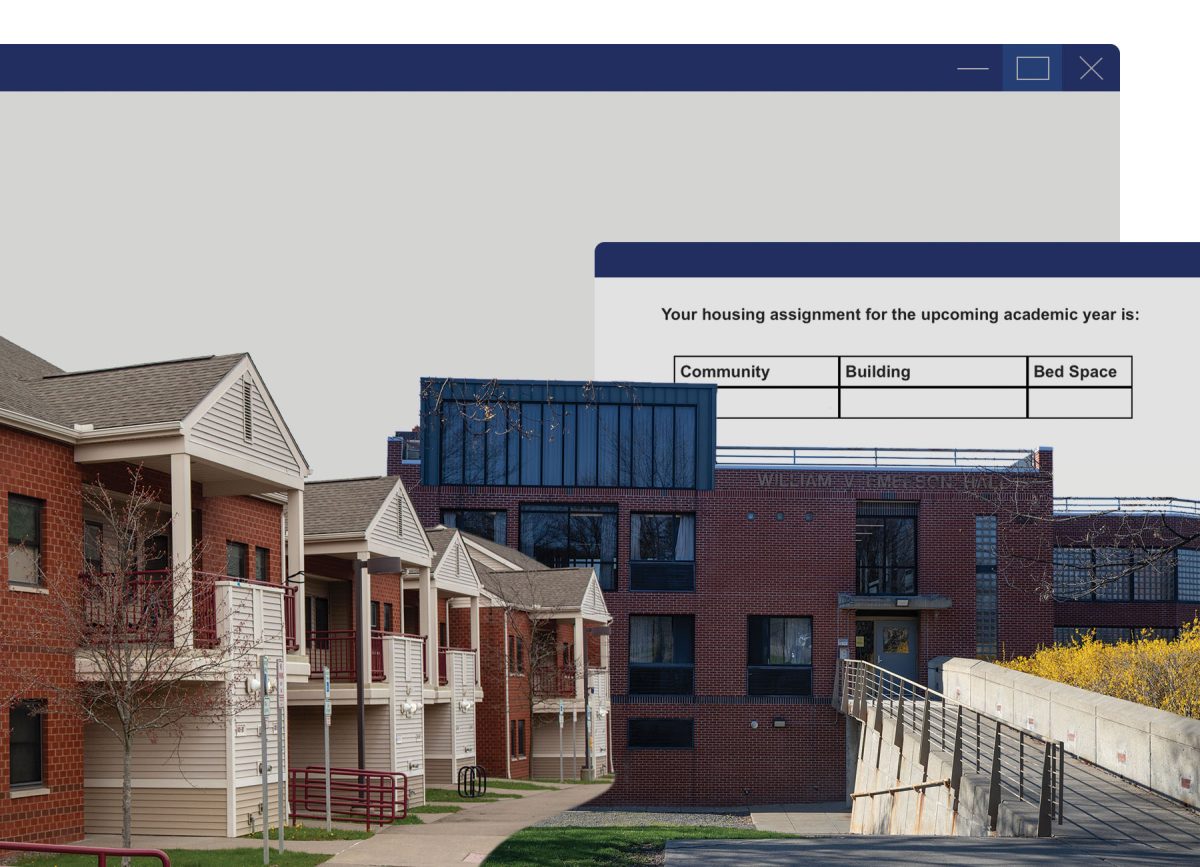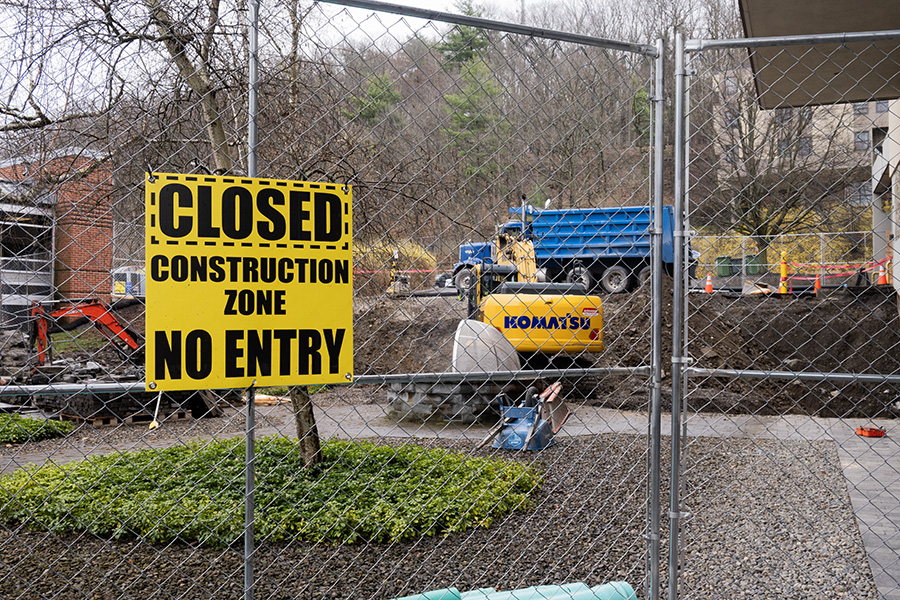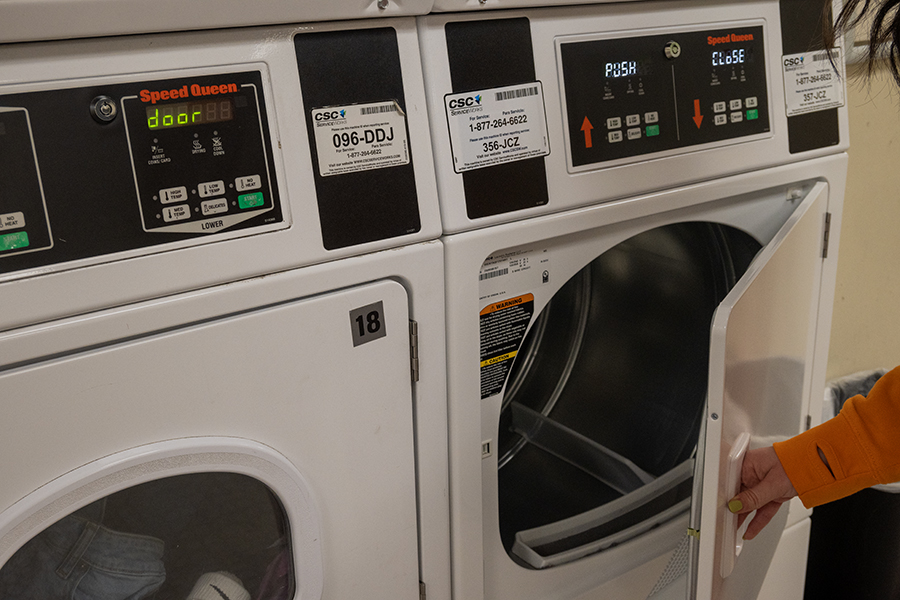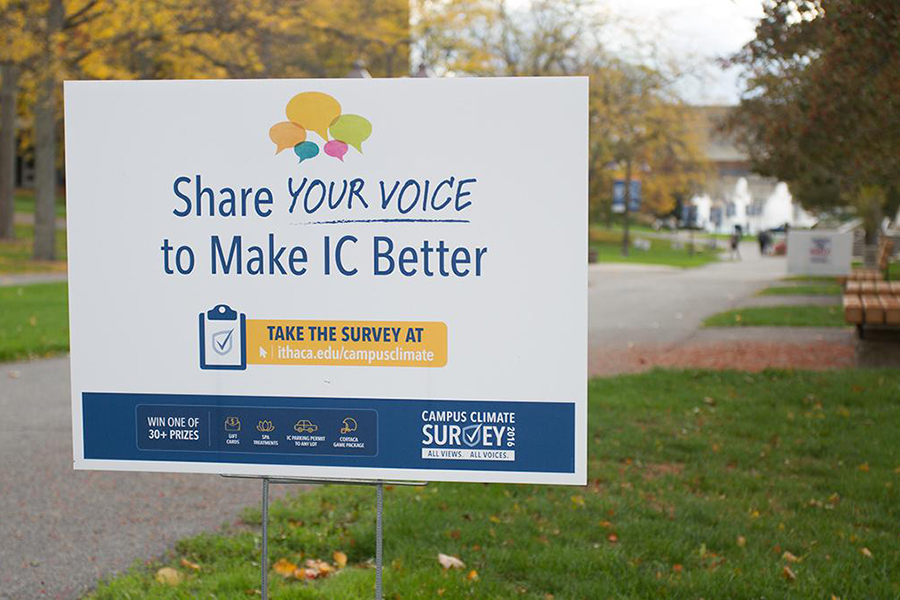While students on South Hill navigate their way to and from classes, senior Rory Cooper is spending his semester living with an indigenous community in Chile with 23 other students. Cooper, a culture and communication major, is filming his experiences on a handheld camcorder and hopes to present a final documentary at the National Conference of Undergraduate Research in March in Ogden, Utah, and at the Wilderness Education Association’s annual meeting.
Contributing writer Taylor Rao spoke with Cooper via email to discuss his experience in Chile and his plans for the documentary.
Taylor Rao: Why did you decide to go to Chile, specifically, in the first place?
Rory Cooper: I decided to go to Chile because I grew up with stories of the Andes as a child and fell in love with the mountains before I even saw them. When the opportunity came along for me to be able to get to go and travel to one of the most ecologically and culturally rich places on the earth, I set my heart on it and made it happen.
TR: How did you feel knowing that once you got on that airplane to Chile, there was absolutely no turning back?
RC: I had no problem accepting the fact that there is no turning back. My only concern is the reality that someday I’ll have to leave this place and come back home.
TR: Even though you have only been there for a short amount of time, how have you enjoyed interacting with a totally new culture of people, and how have they treated you?
RC: For the most part, people are pretty friendly. Although I must admit most of the interactions with Chileans thus far have been ones through mine and my classmates’ host families and friends. They all are extremely welcoming and loving, but one has to keep in mind that they signed up to do this, and it’s not their first time with gringos in their homes. Walking around the city, we definitely get some looks and comments. We stand out pretty obviously, and the United States has a pretty ugly history when it comes to Chile, so one always has to be somewhat aware of his or her surroundings.
TR: What is your daily routine like, and what significant events have you experienced so far throughout your trip?
RC: Day to day, we have four hours of intensive Spanish in the morning followed by a two-hour cultural seminar regarding contemporary Chilean issues. One thing that is making life interesting is the student protests. In a nutshell, students are demanding the renationalization of the country’s copper mines to cover the costs of education, so they can go to school for free. Many of the schools have been shut down, taken over and are being occupied by students until their demands are met. There are multiple marches and riots weekly in Valpo, which often end with violent clashes between students and police. The most incredible thing to me is how little it’s being covered by the U.S. media.
TR: Could you talk more about your plans to film your experiences and produce a documentary?
RC: As far as the documentation, I still plan on using my camera to compile my interviews and research, and I still may try to make a short film about my experience. The question of me being able to present lies in the hands of IC giving me the funding to go out and present it. But as of now, I would really like to present my research at NCUR and the Wilderness Education Association Conference in February.
TR: What do you hope to gain from your experience in Chile?
RC: When I look at Chile, I see a nation at a crossroads. They live in an “open democracy,” but under the same constitution of the military dictatorship of Pinochet created during the ’80s. The people want change, but as we see in our own country, institutions, companies and basically greed make it impossible to accomplish this change. All I can really ask to gain from this experience is the opportunity to witness a change that’s more than just a slogan and perhaps take some of that passion back to the states.






